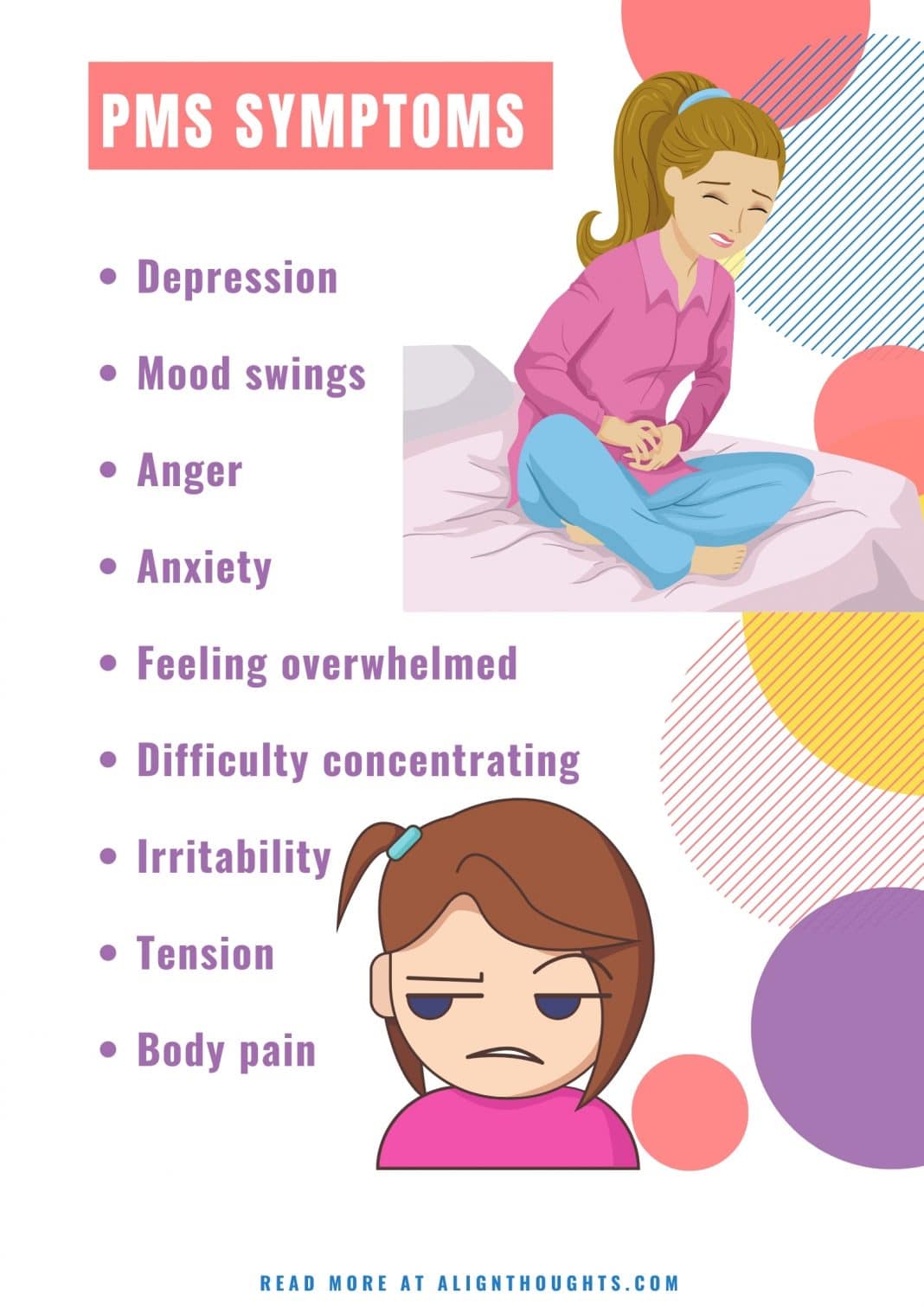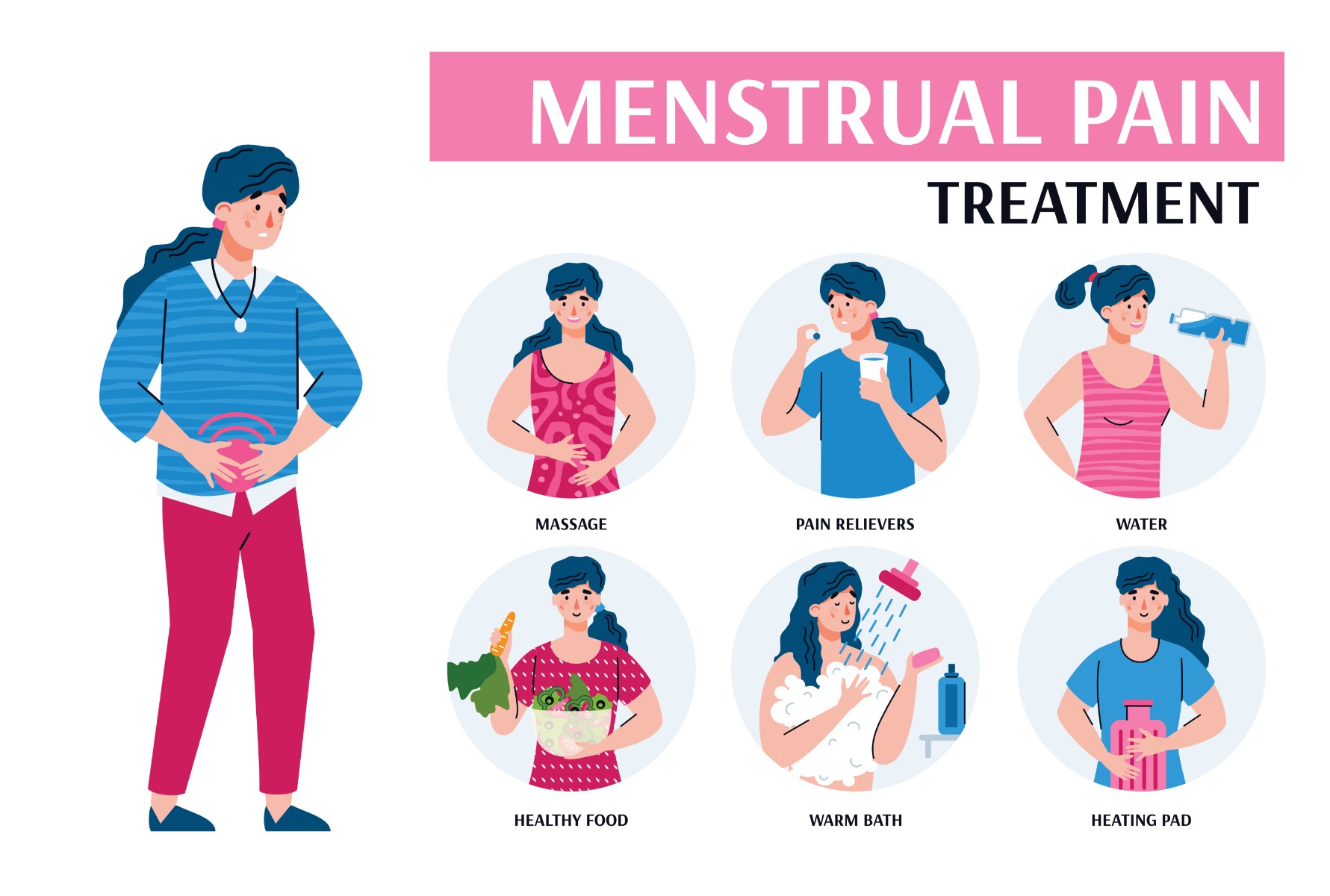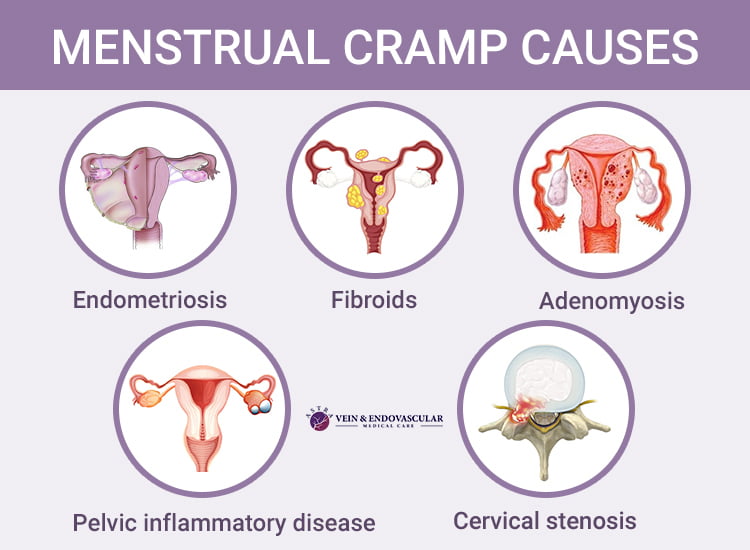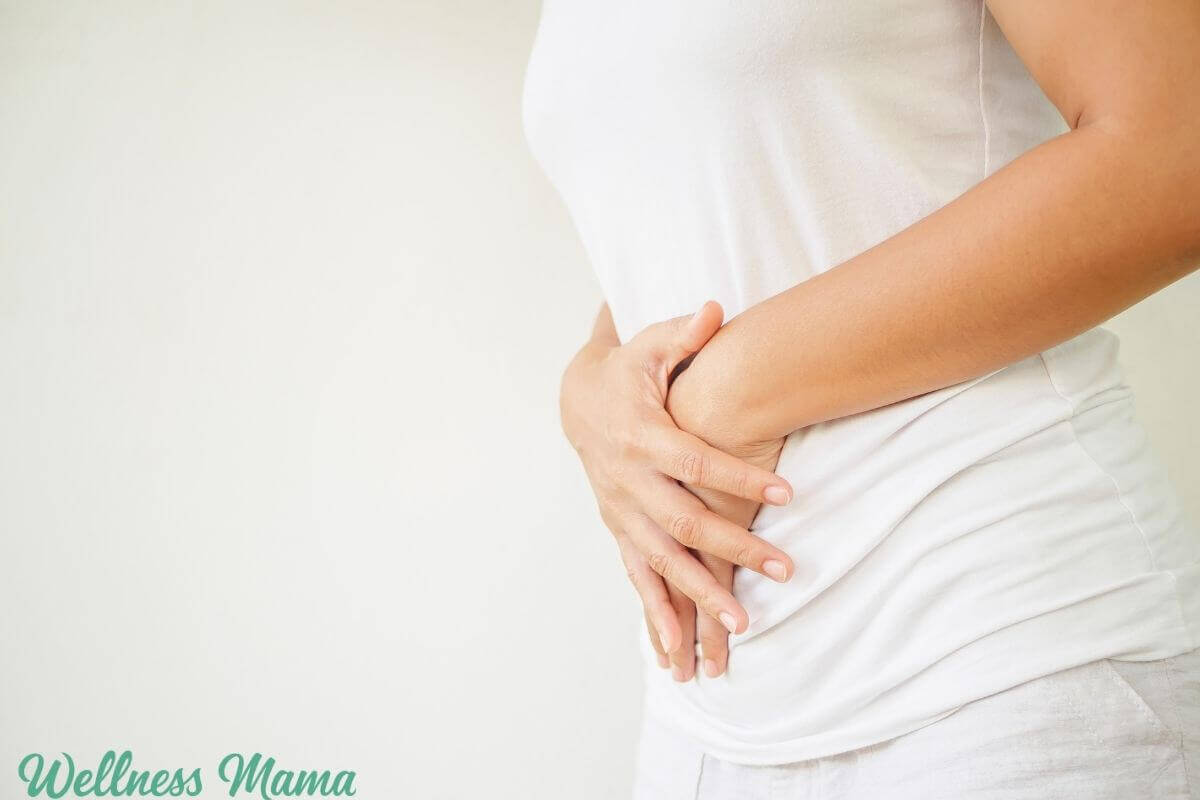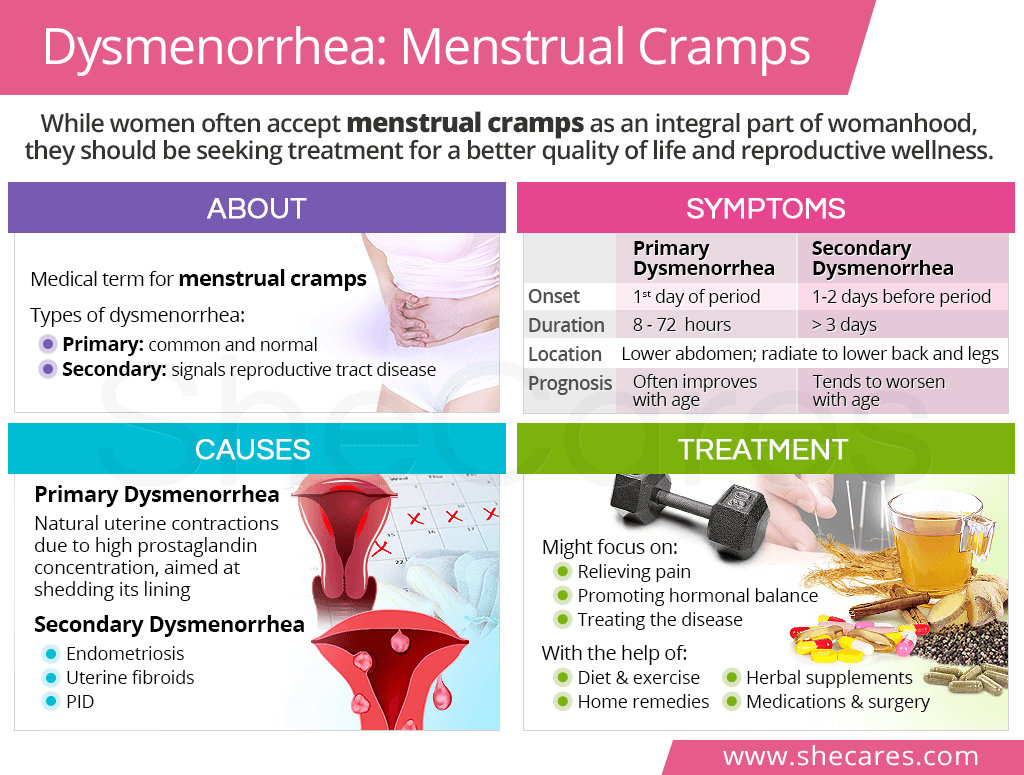Fun Info About How To Deal With Pms Cramps

Treating pms as well as changes to your lifestyle, a gp can recommend treatments including:
How to deal with pms cramps. Overview premenstrual syndrome (pms) has a wide variety of signs and symptoms, including mood swings, tender breasts, food cravings, fatigue, irritability and. Extra hydration around your period can reduce bloating and increase blood flow to your muscles, like the uterus, helping curb cramps and avoid. For people who experience mild symptoms of pms, lifestyle modifications are among the most effective ways to manage pms and reduce the severity of symptoms.
Try a warm heating pad or acetaminophen (tylenol or store brand), ibuprofen (advil, motrin, or store brand), or. Many of the things that help ease cramps can also help with pms. Swallow 2 capsules of ibuprofen or acetaminophen with 8 fluid ounces (240 ml) of water about 45.
You can use a heating pad, hot water bottle, or menstrual heat. Download article use ibuprofen (advil, motrin ib) or naproxen sodium (aleve). Many people who are experiencing pms will have.
Download article give your partner a chance to rest. Here are some different ways to relieve pms symptoms: Heat is a very effective way to relieve pain from menstrual cramping.
Treatment outlook pms is the changes in mood, emotions, physical health, and behavior that can occur between ovulation and the start of your period. Always follow the instructions on the bottle.
Use a heating pad. Apply heat you might relieve some immediate period pain by applying heat directly to your abdomen. 1 take over their household chores and responsibilities.
Tips & advice > parents and carers > helping your daughter manage her pms and menstrual cramps helping your daughter manage her pms and menstrual cramps. To ease your menstrual cramps, your health care provider might recommend: But exercising is actually one of the best ways to feel better on your period.
For best results, start taking. To help with backache, headache, or sore breasts: Signs of a period coming often include bloating, cramping, headaches, tender breasts, irritability, and fatigue, which occur one to two weeks before.
Premenstrual syndrome (pms) is a combination of symptoms that many women get about a week or two before their period. Take otc pain medication 45 minutes before going to bed.
